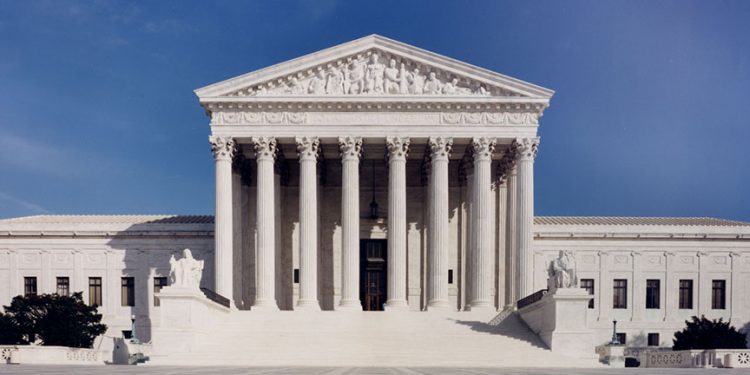
Federal courts have issued hundreds of decisions in Freedom of Information Act cases in 2017. Before the new year is upon us, we look back at some of the more important FOIA decisions rendered over the past twelve months.
December 27, 2017

Federal courts have issued hundreds of decisions in Freedom of Information Act cases in 2017. Before the new year is upon us, we look back at some of the more important FOIA decisions rendered over the past twelve months.
December 27, 2017
Federal courts have issued hundreds of decisions in Freedom of Information Act cases in 2017. The blistering pace of FOIA lawsuits will generate many more decisions in 2018. Before the new year is upon us, we look back at some of the more important FOIA decisions rendered over the past twelve months.
Enter. Inst. v. Office of Sci. & Tech. Policy (D.D.C.)
On remand from the D.C. Circuit, which had ruled that private email accounts are not categorically immune from FOIA requests, the district court again determined that OSTP was not required to search its director’s private email account. In this instance, the district court reasoned that OSTP’s director had complied with the agency’s policy to forward all OSTP-related email from his private account to his agency email account, and that plaintiff “presented absolutely no concrete evidence” to the contrary.
Price v. U.S. Dep’t of Justice Attorney Office (D.C. Cir.)
The D.C. Circuit became the first court in the country to find that a plea agreement waiving a criminal defendant’s FOIA rights “offends public policy and is therefore unenforceable.” A dissenting opinion argued that refusing to allow a criminal defendant to knowingly, voluntarily, and intelligently waive those rights was contrary to half-a-century of Supreme Court jurisprudence.
AquAlliance v. U.S. Bureau of Reclamation (D.C. Cir.)
In a rare Exemption 9 appellate case, the D.C. Circuit concluded that the government properly relied on the exemption to withhold information regarding the construction, location, and depth of water wells. In so ruling, the court rejected plaintiff’s argument that Exemption 9 applies to oil and gas wells only.
Ecological Rights Found. v. FEMA (N.D. Cal.)
This appears to be the first published decision in which a court has denied an exemption claim — in this case Exemption 5’s deliberative process privilege — based in part upon the government’s failure to show that the withholding met the reasonably foreseeable harm standard enacted in 2016. See 5 U.S.C. § 552(a)(8)(A)(i)(I).
Detroit Free Press v. DOJ (S. Ct.)
In 2016, the Sixth Circuit reversed itself after twenty years and held that federal mug shots may be withheld from disclosure pursuant to Exemption 7(C). In 2017, the U.S. Supreme Court declined a petition to review the Sixth Circuit’s decision, which was consistent with the Tenth and Eleventh Circuits on the issue.
Lucaj v. FBI (6th Cir.)
The Sixth Circuit found that documents exchanged between DOJ’s Criminal Division and two foreign governments could not be withheld under Exemption 5 because, in the court’s view, the exemption is strictly limited to “inter-agency” or “intra-agency” communications. Notably, the court declined to adopt the position of multiple appellate courts, including the influential D.C. Circuit, that the scope of Exemption 5 may include agency communications with certain outside consultants.